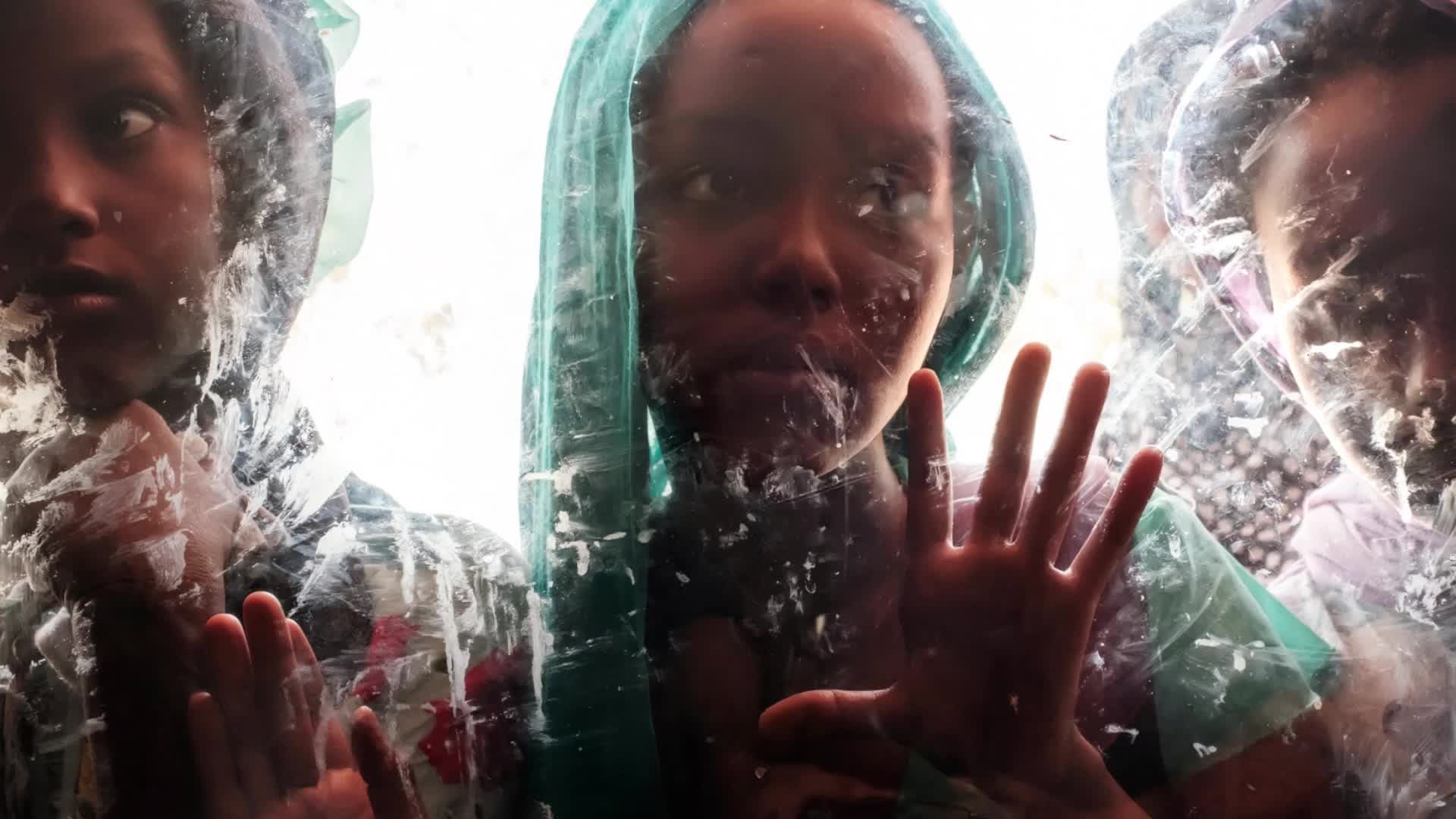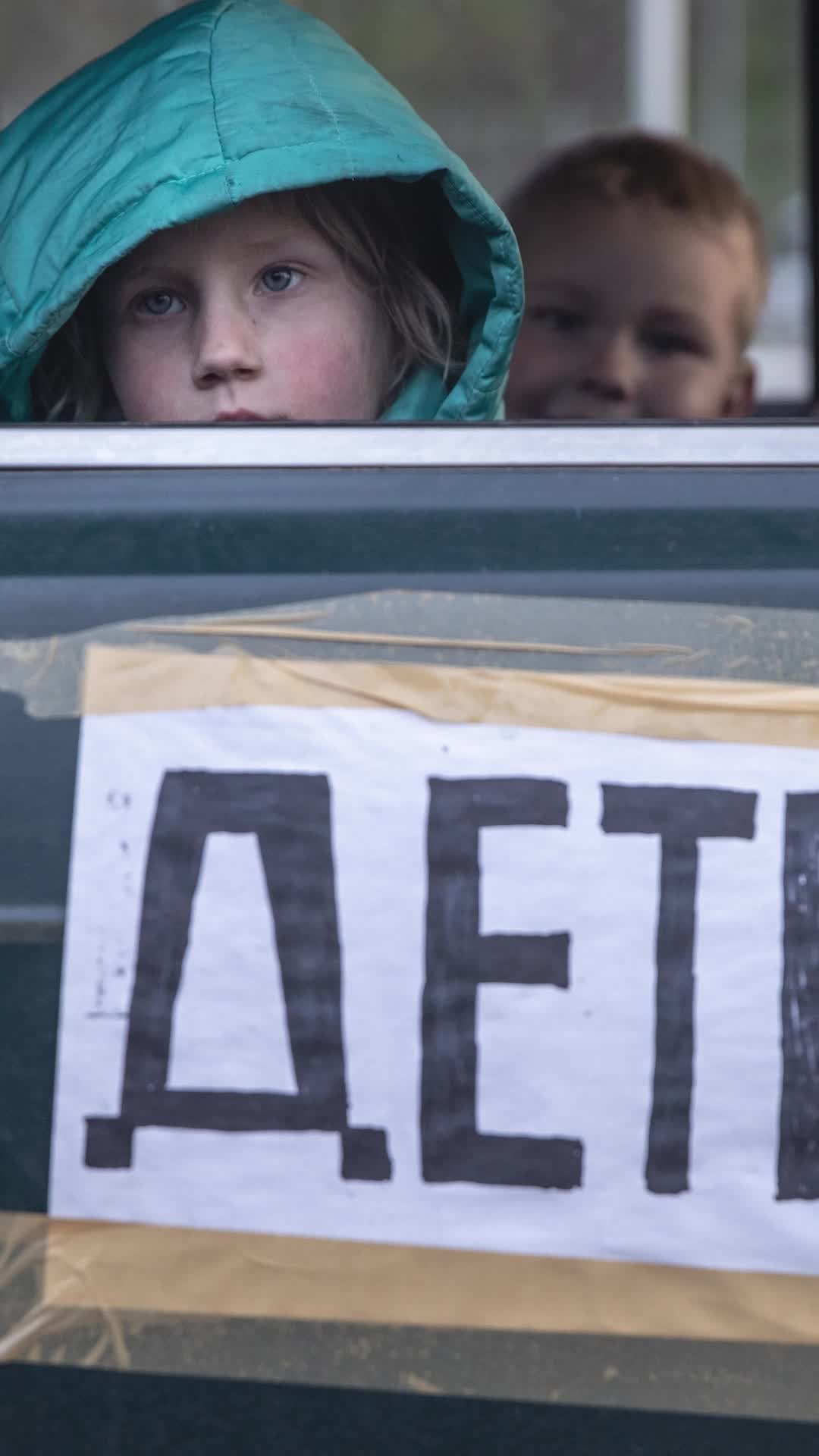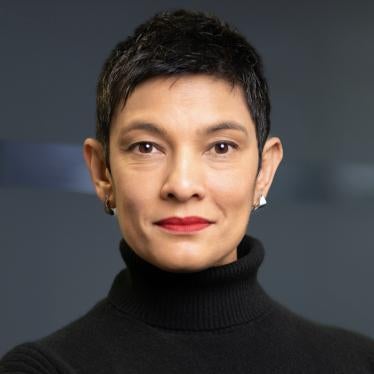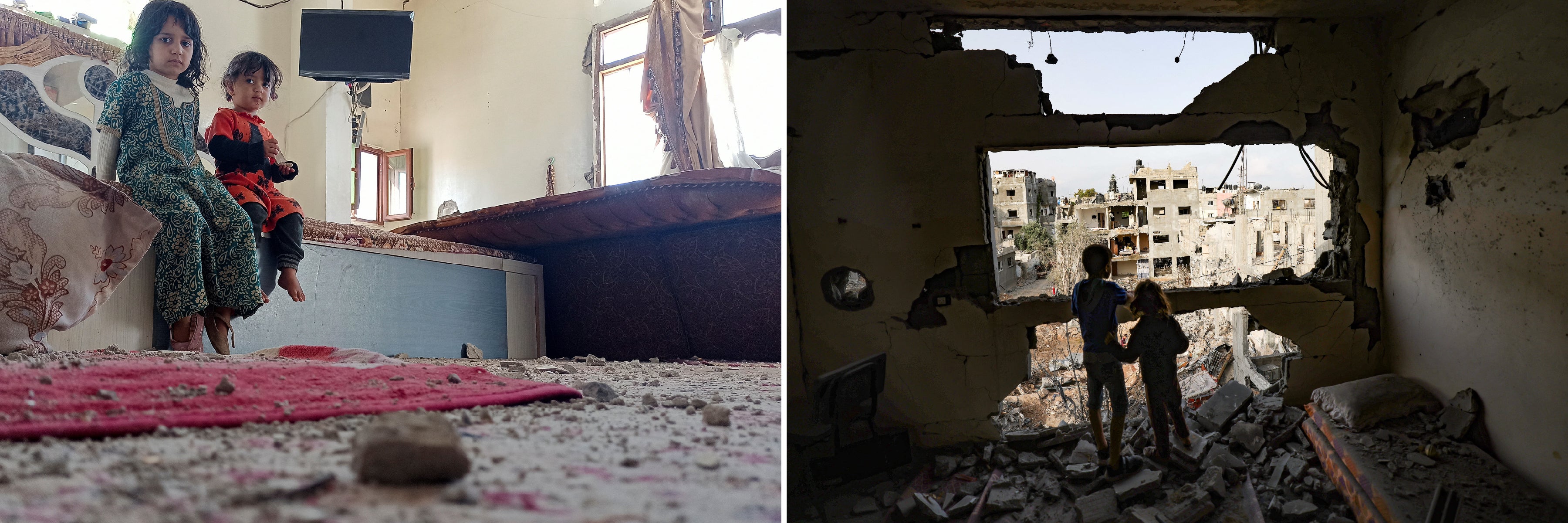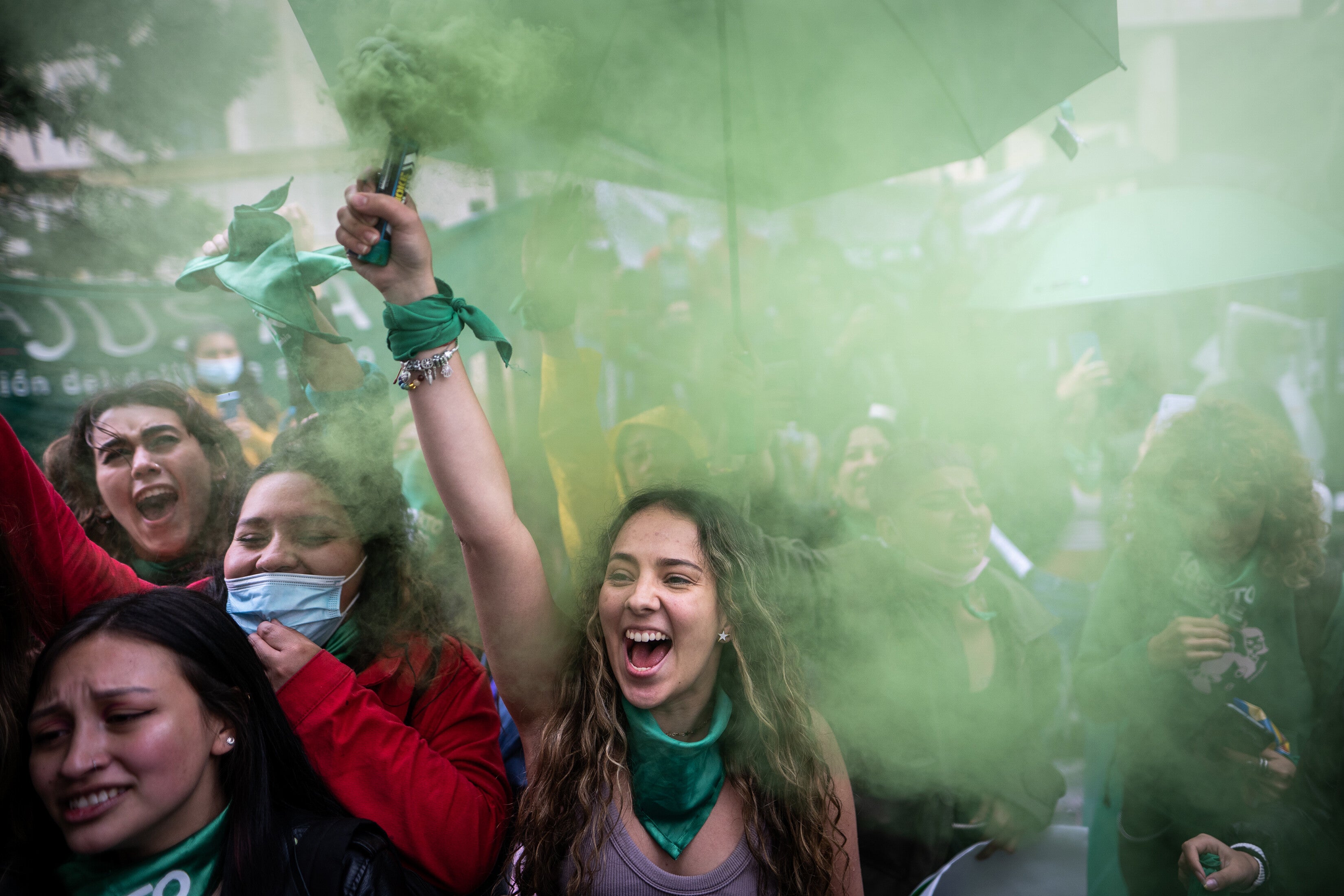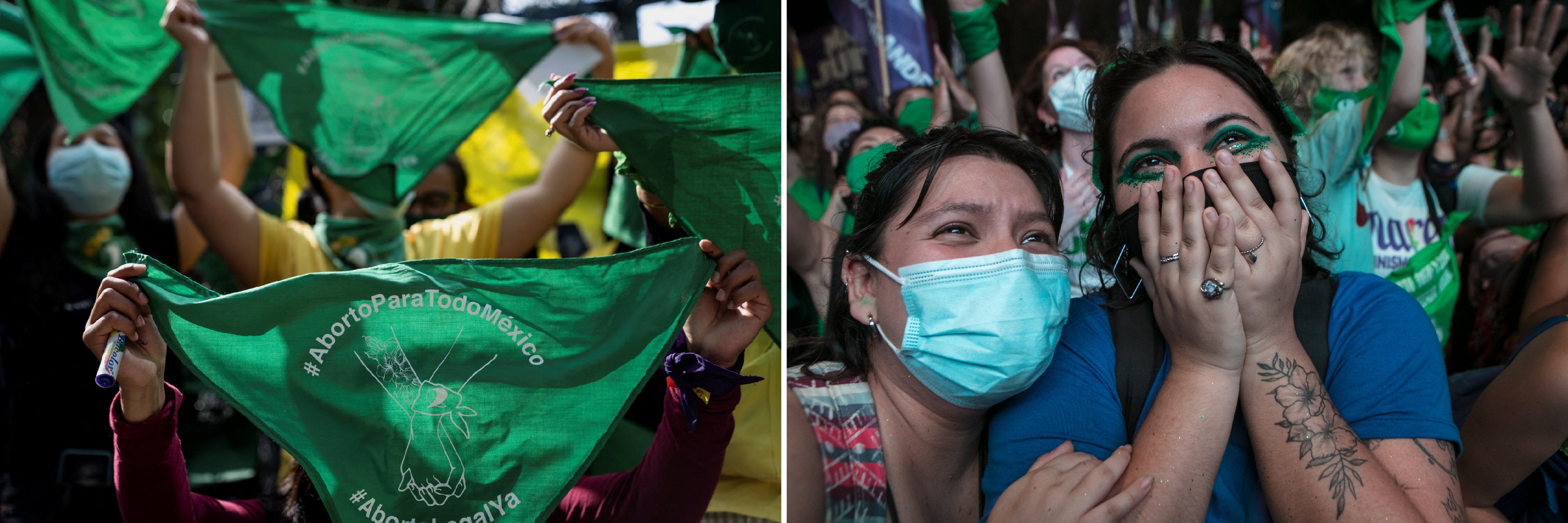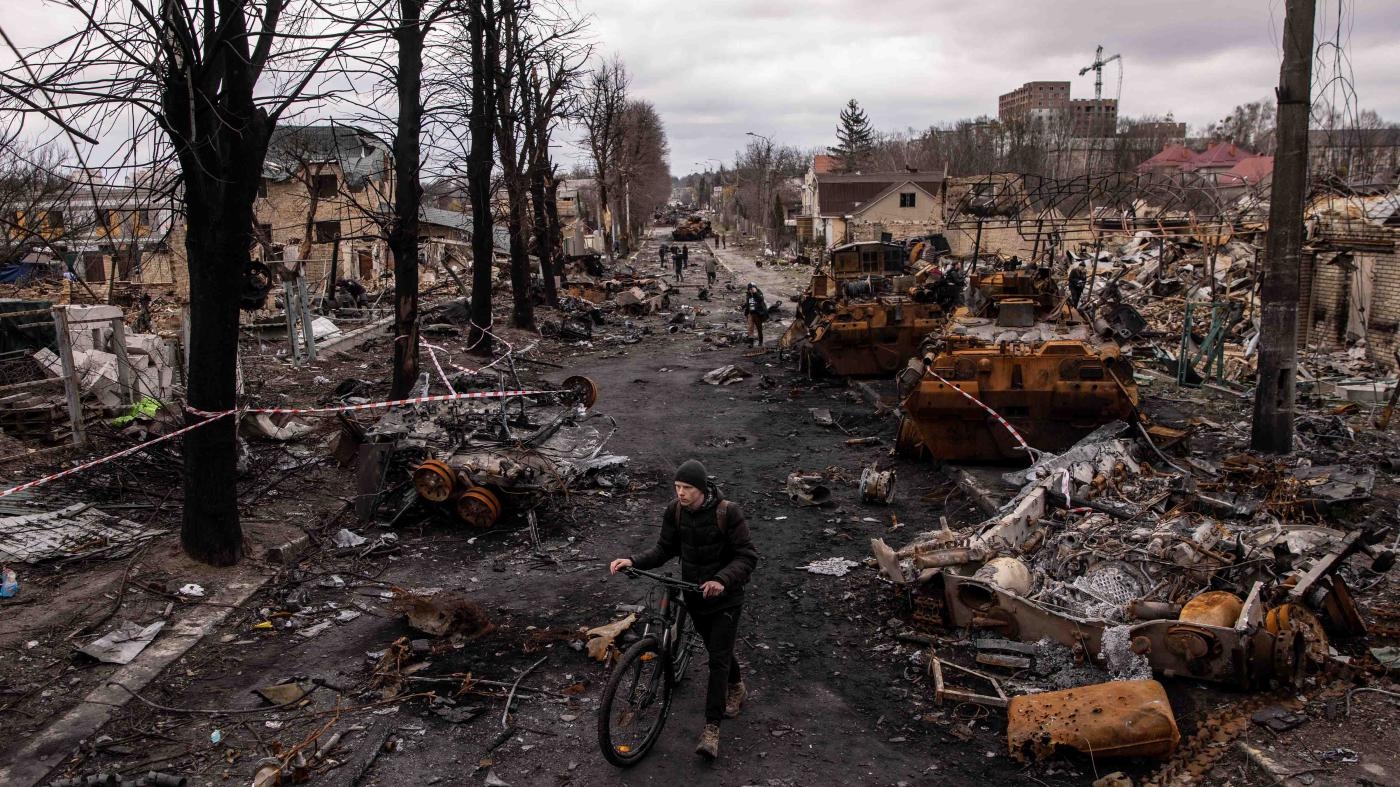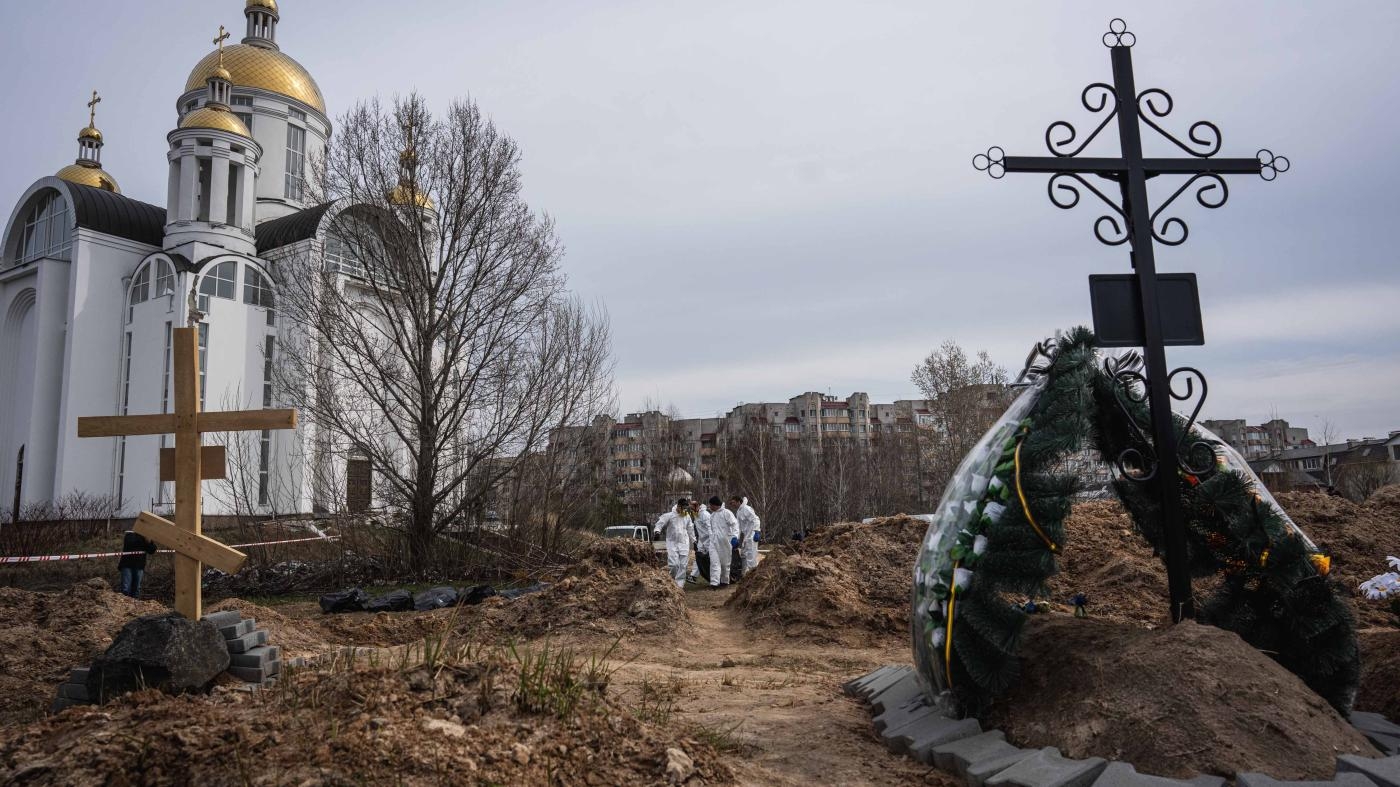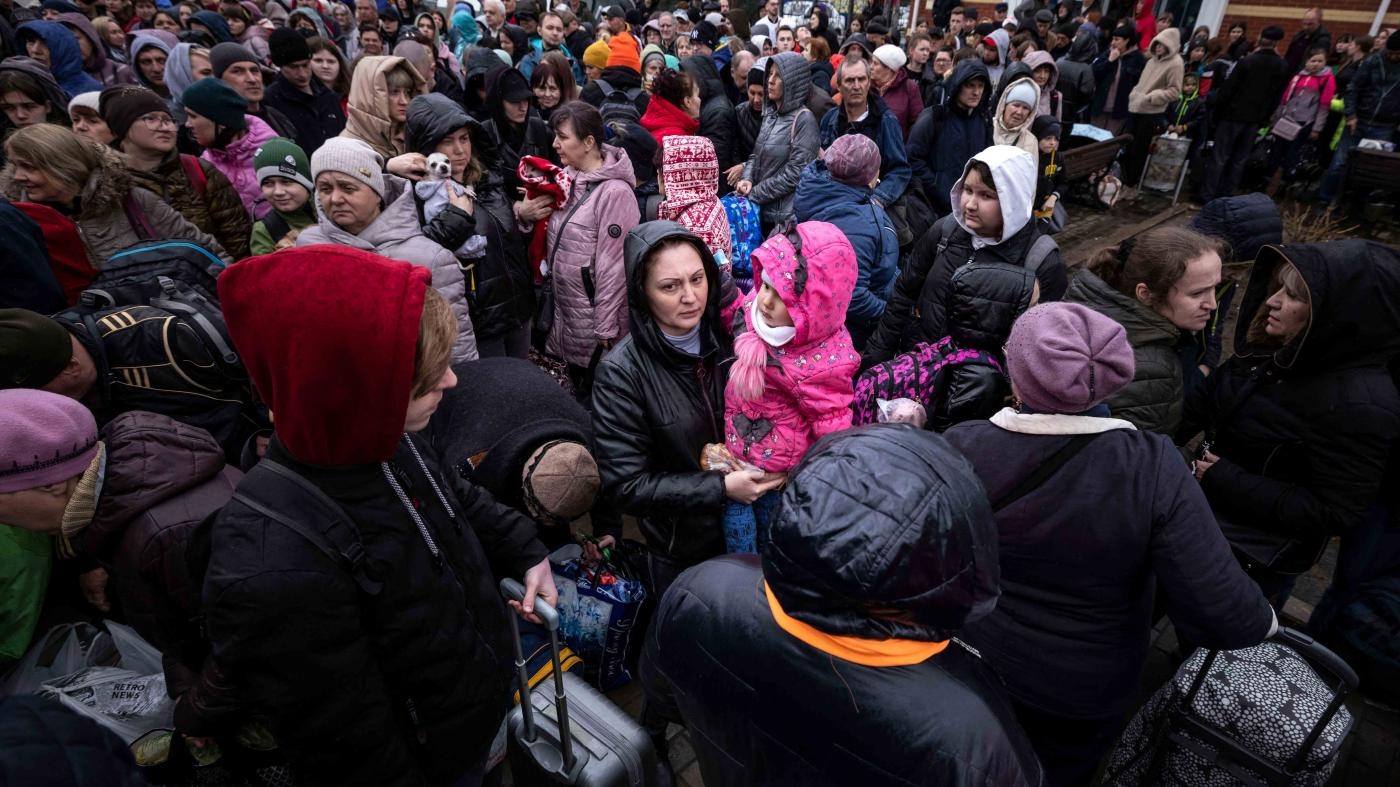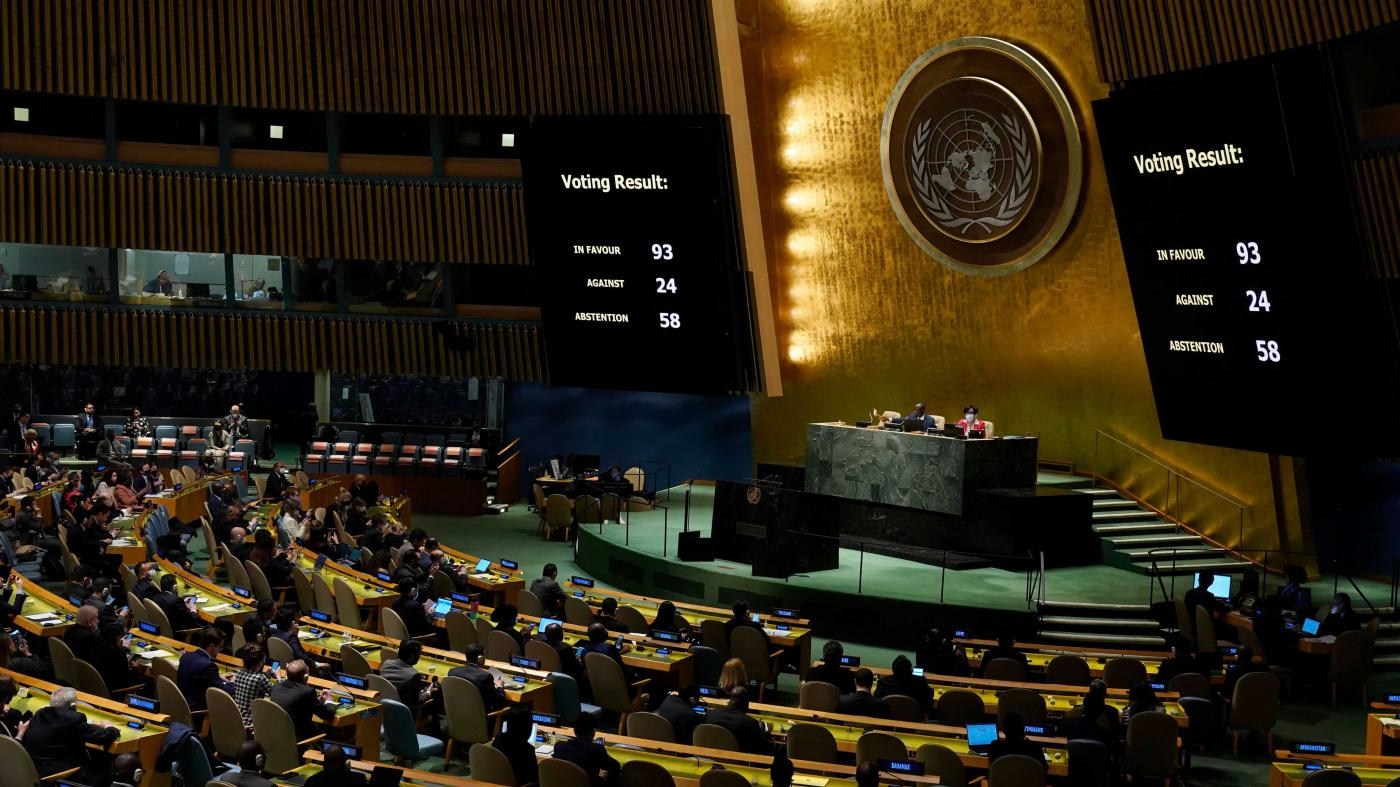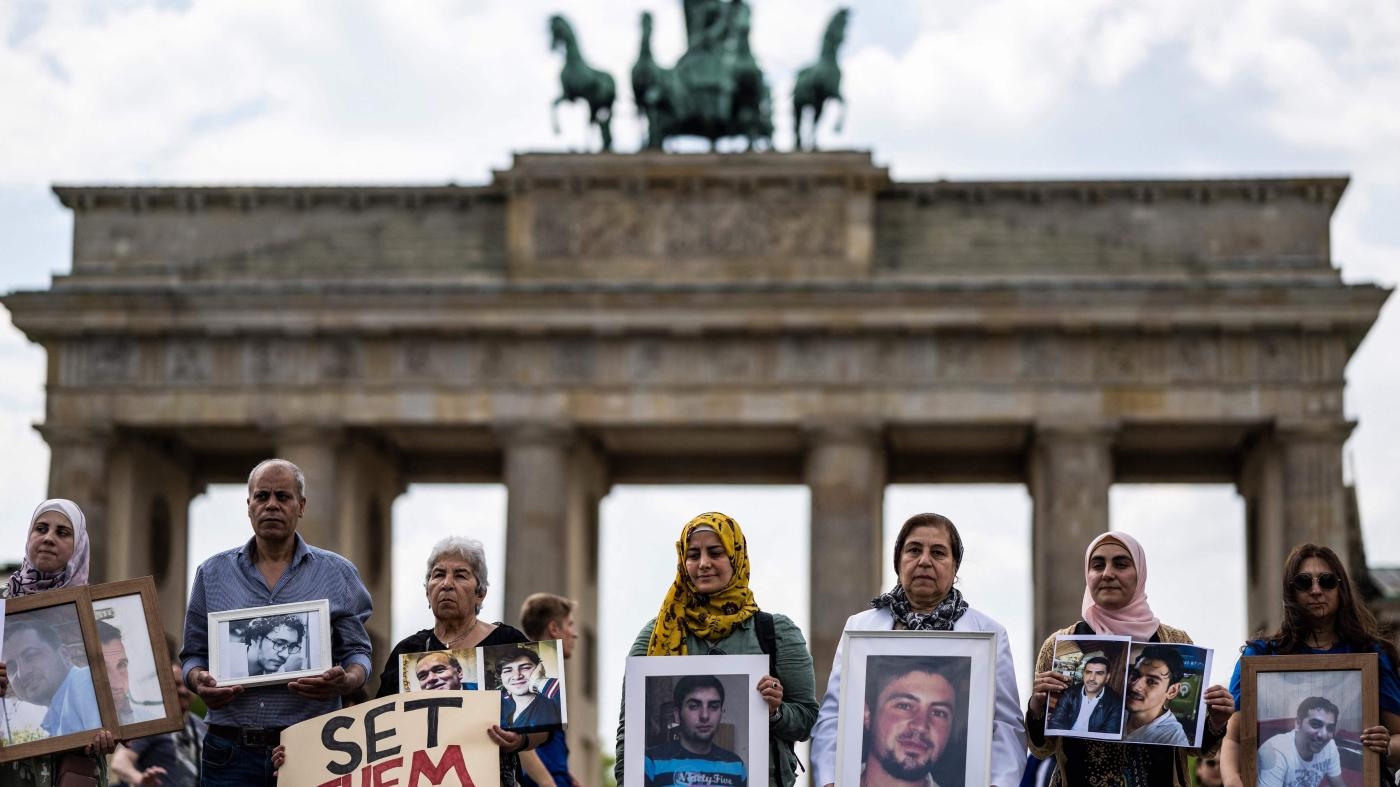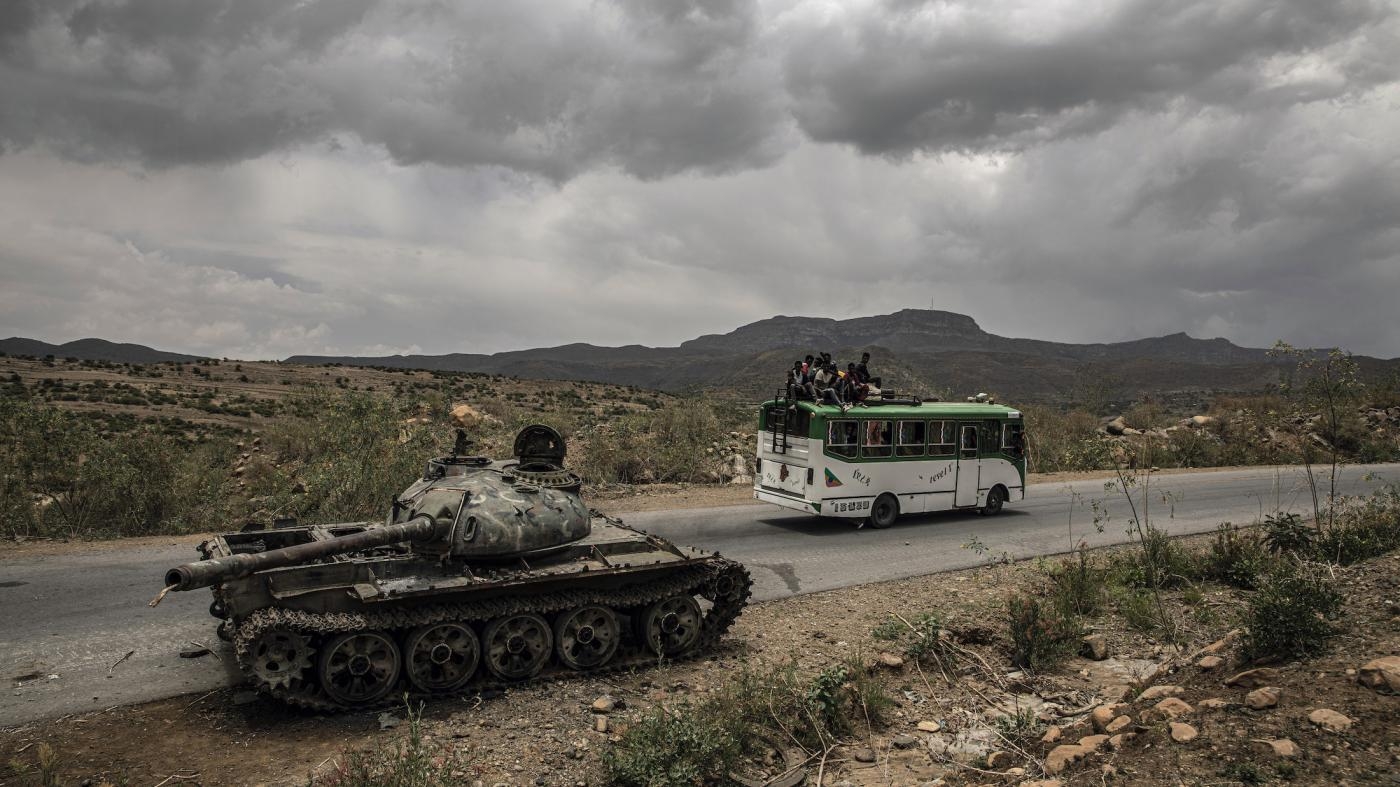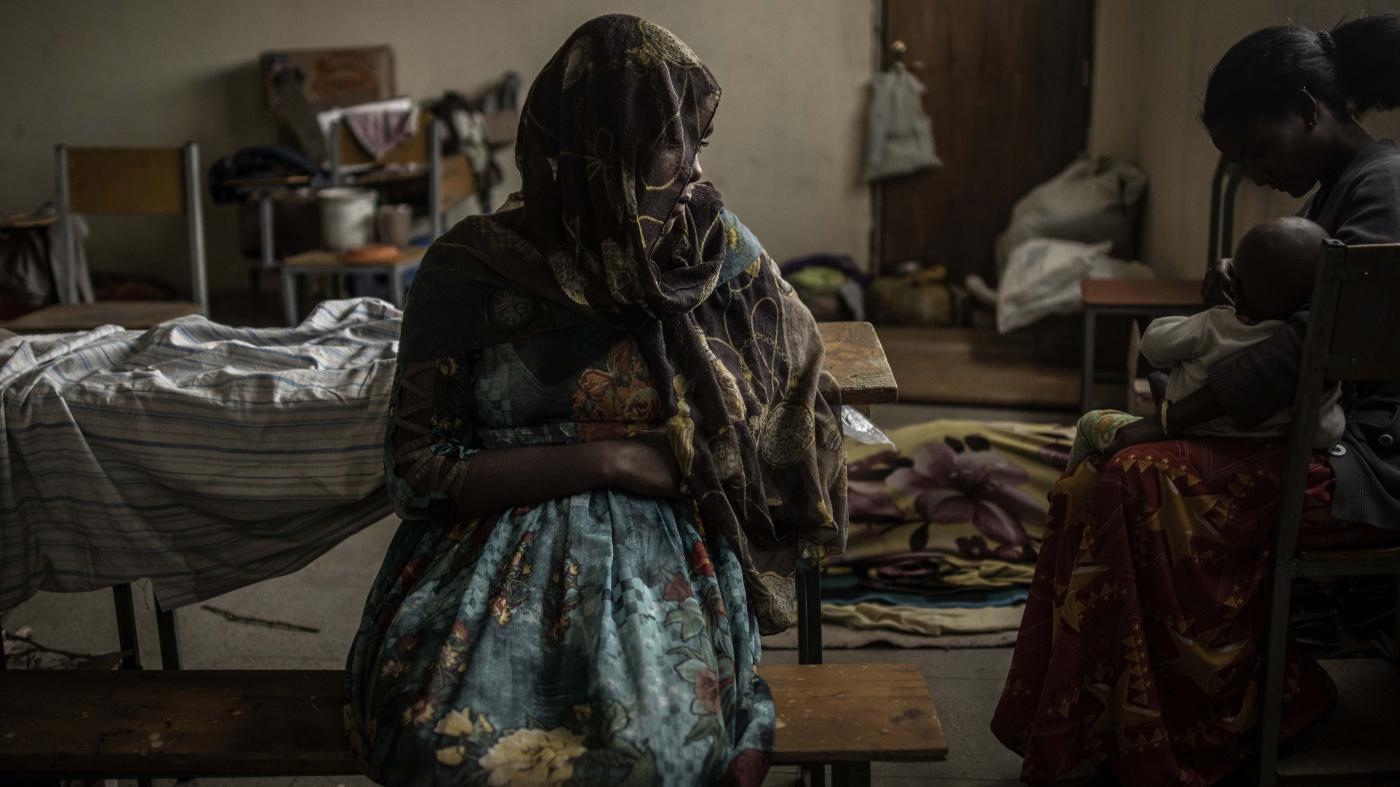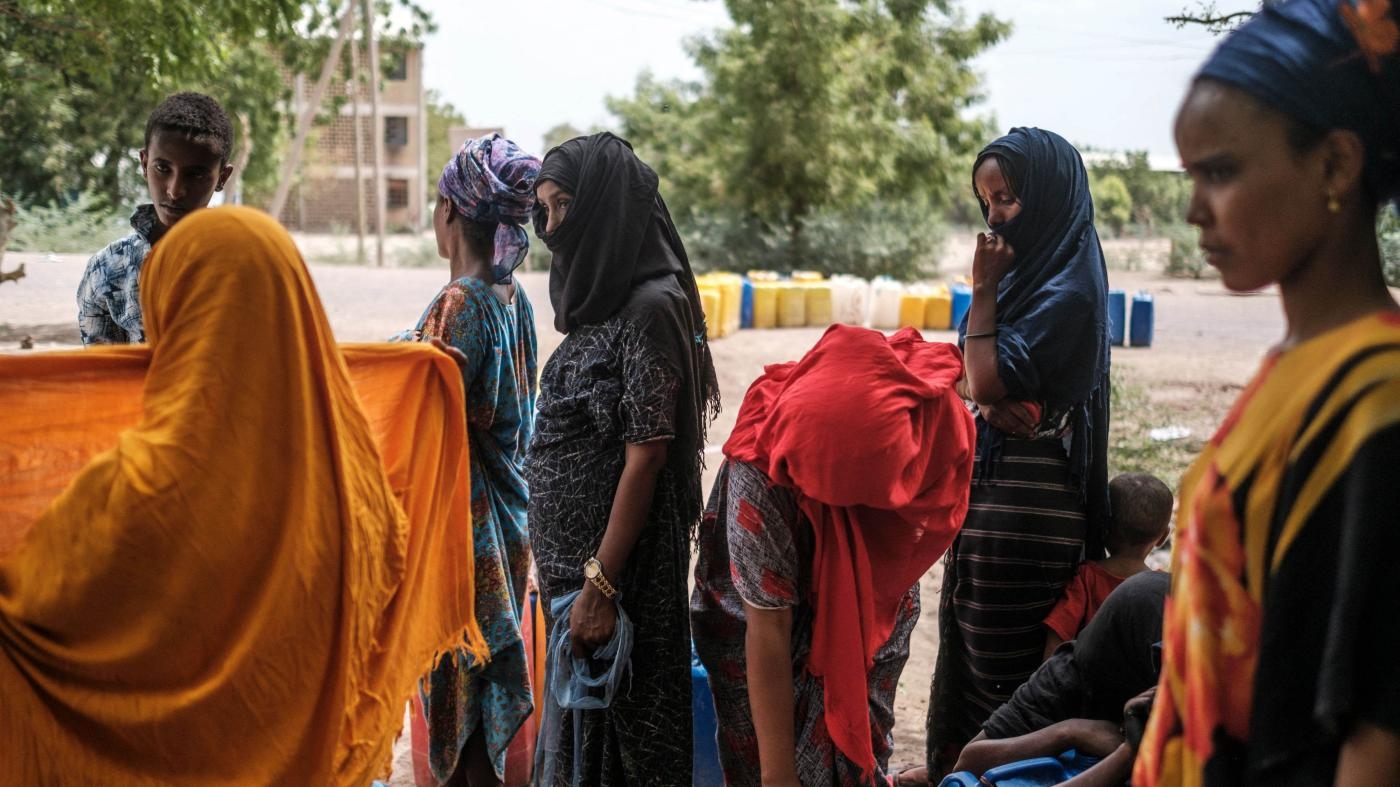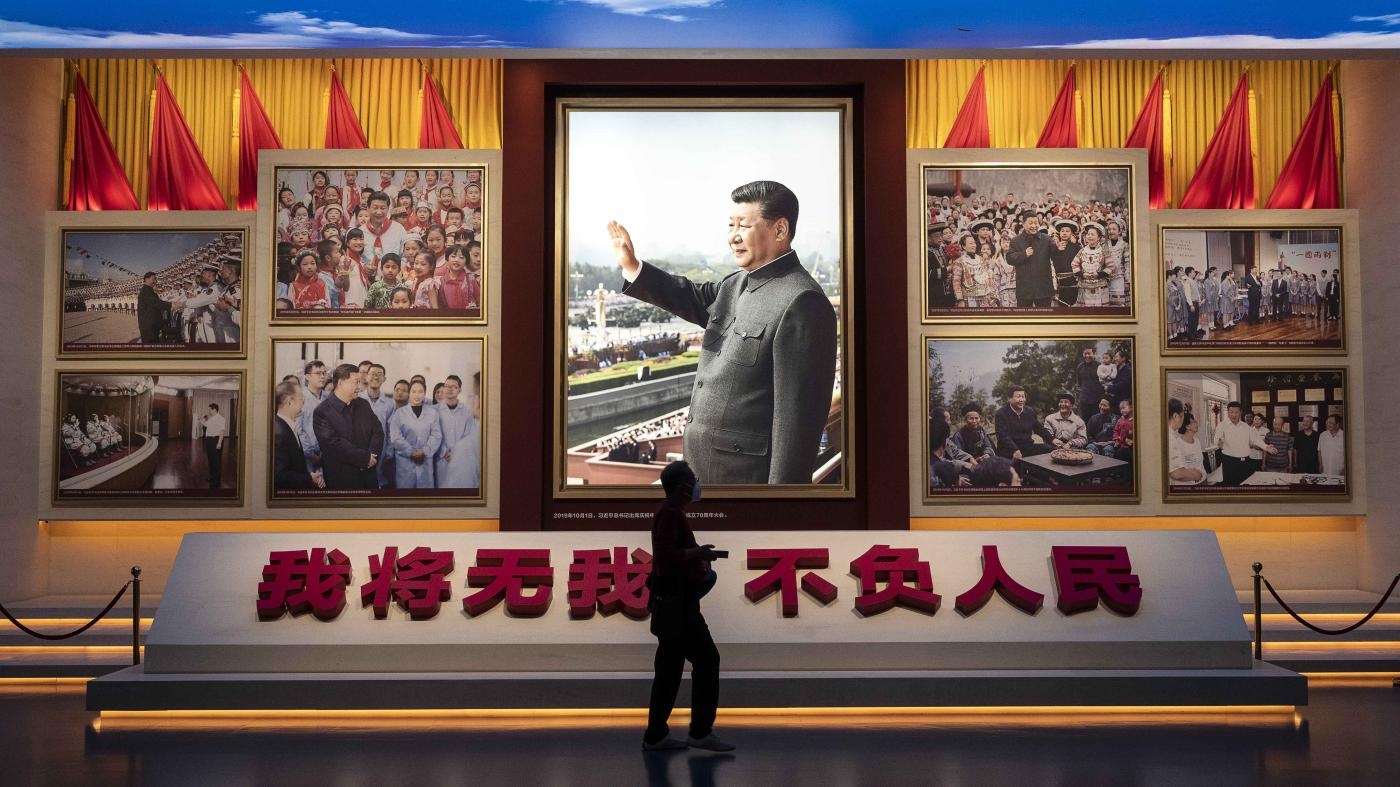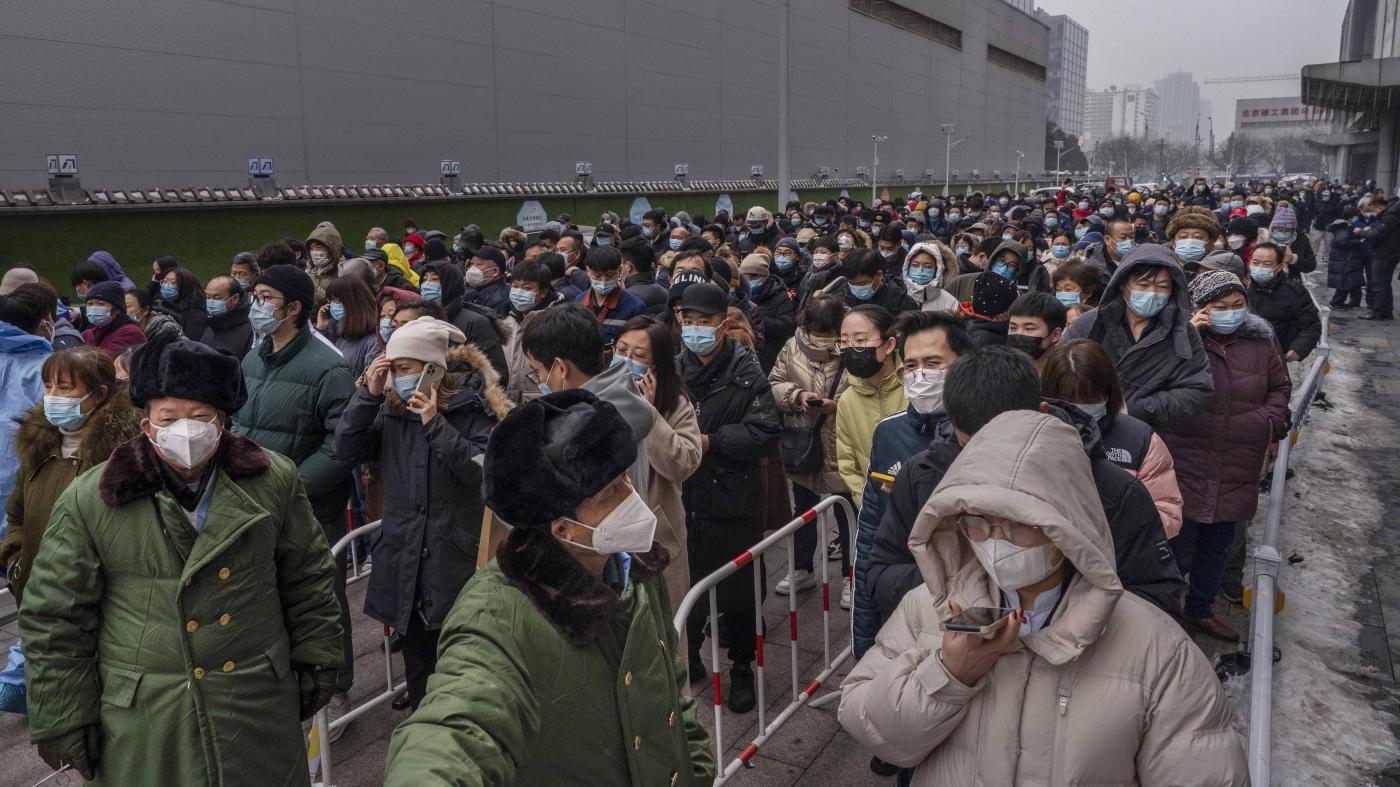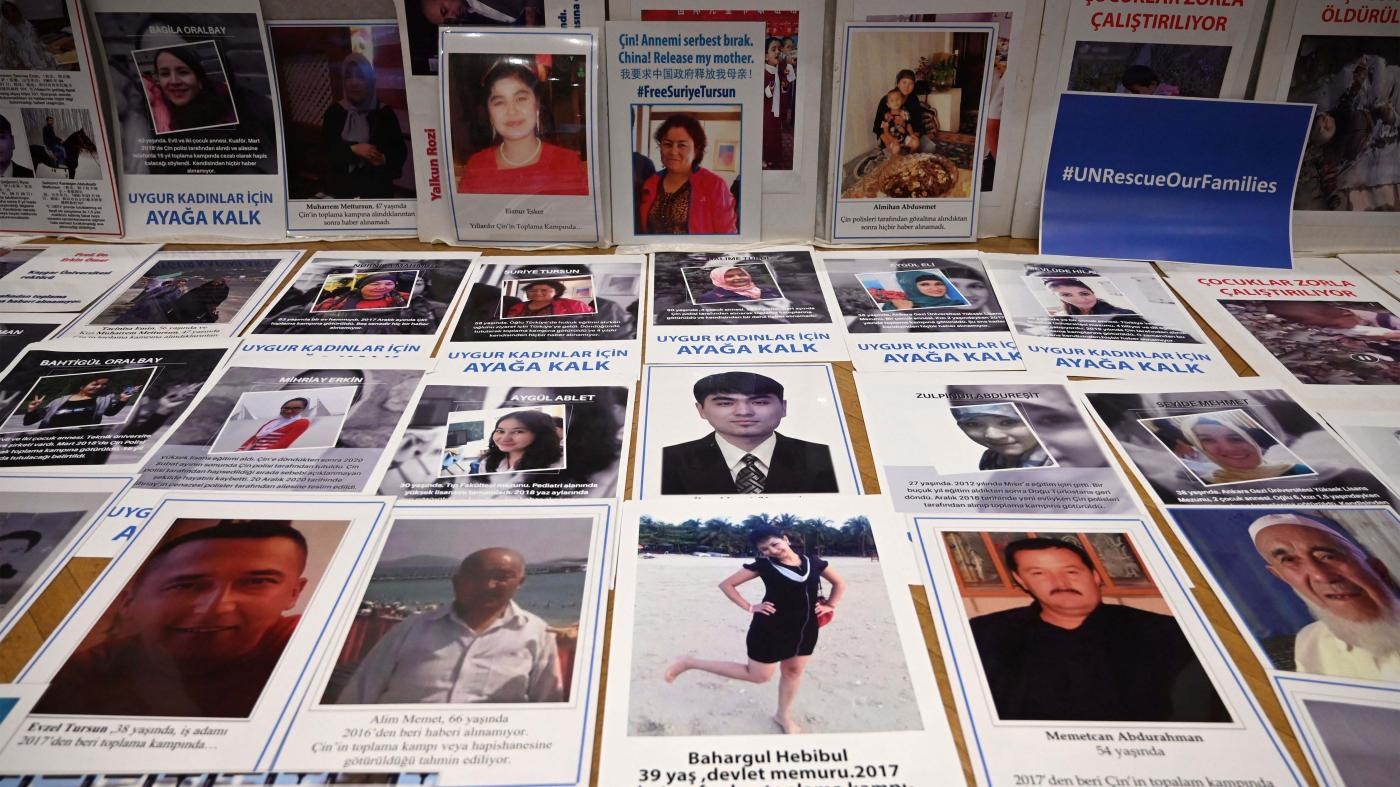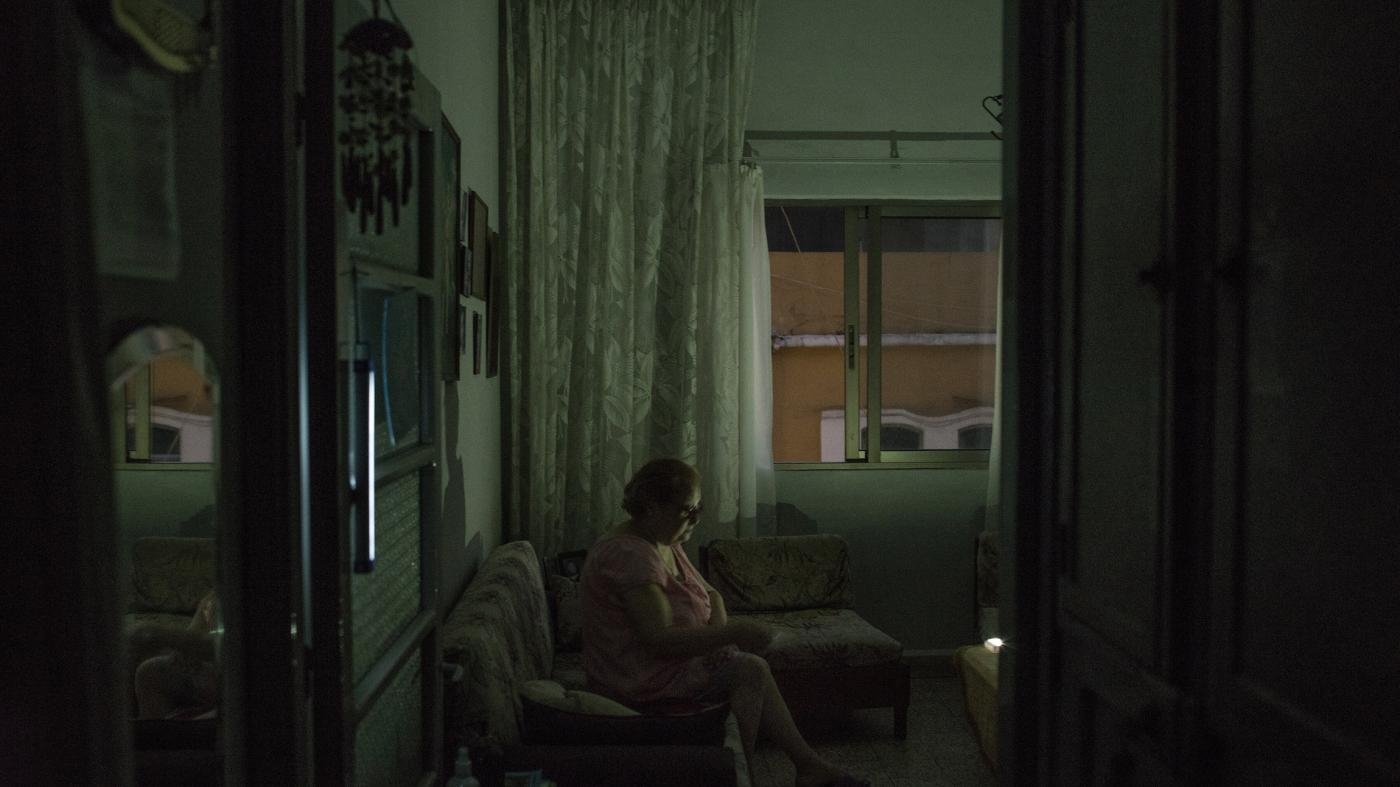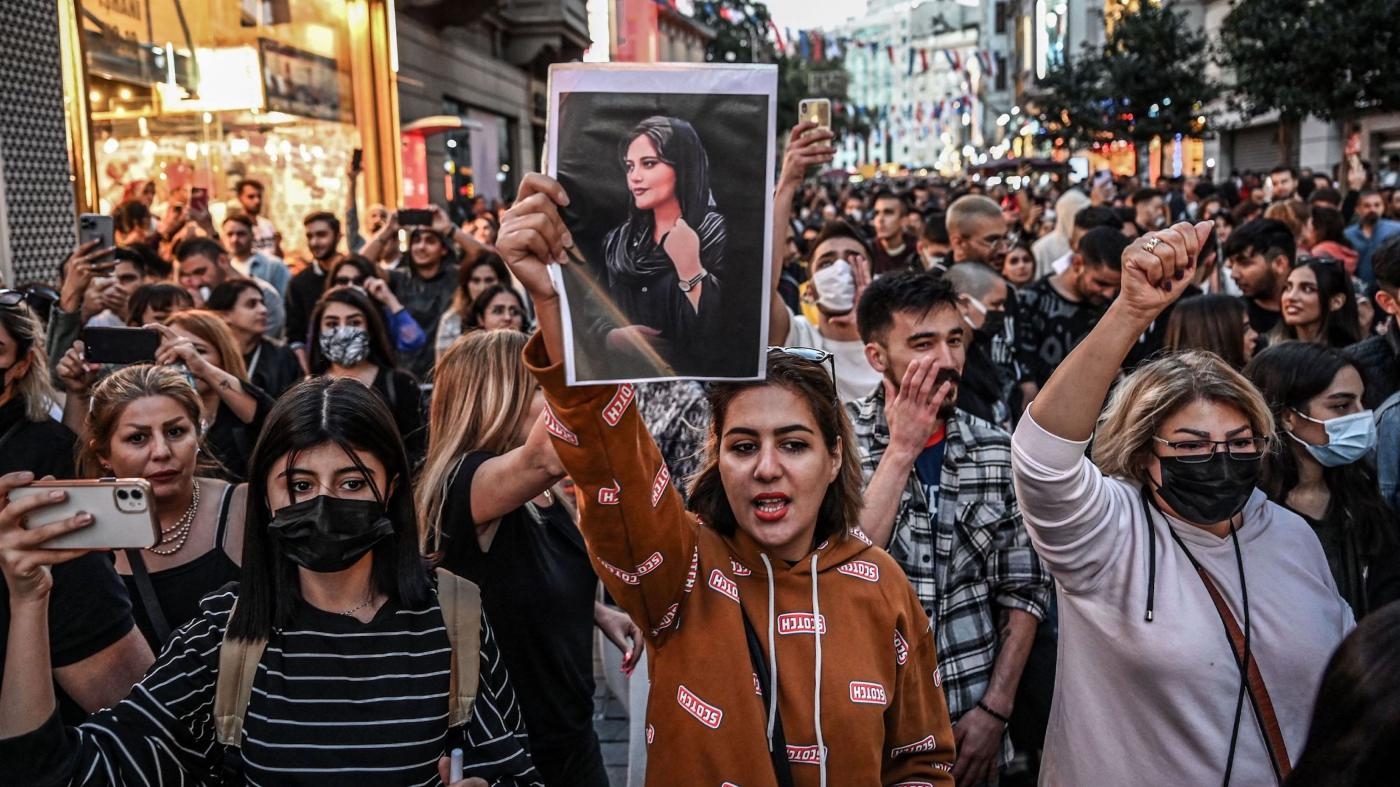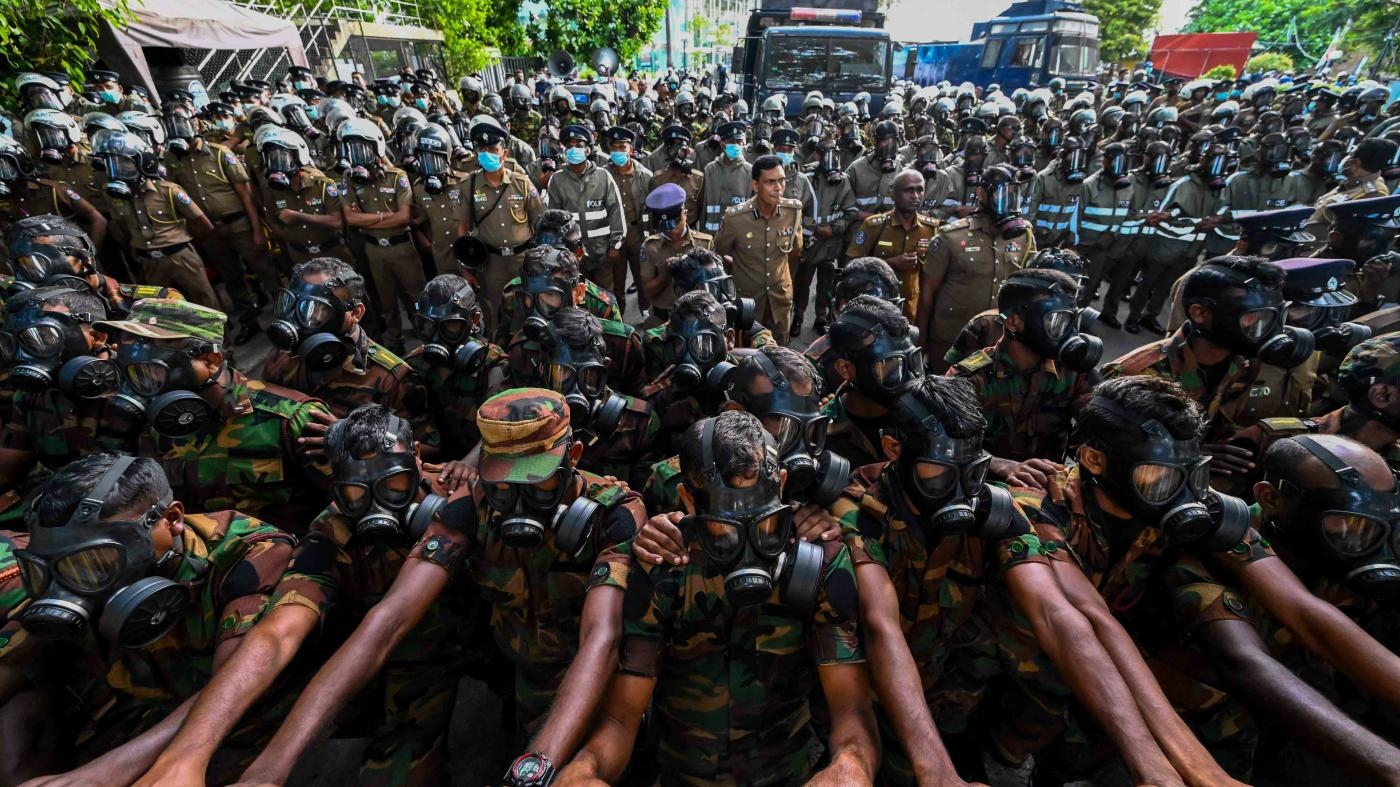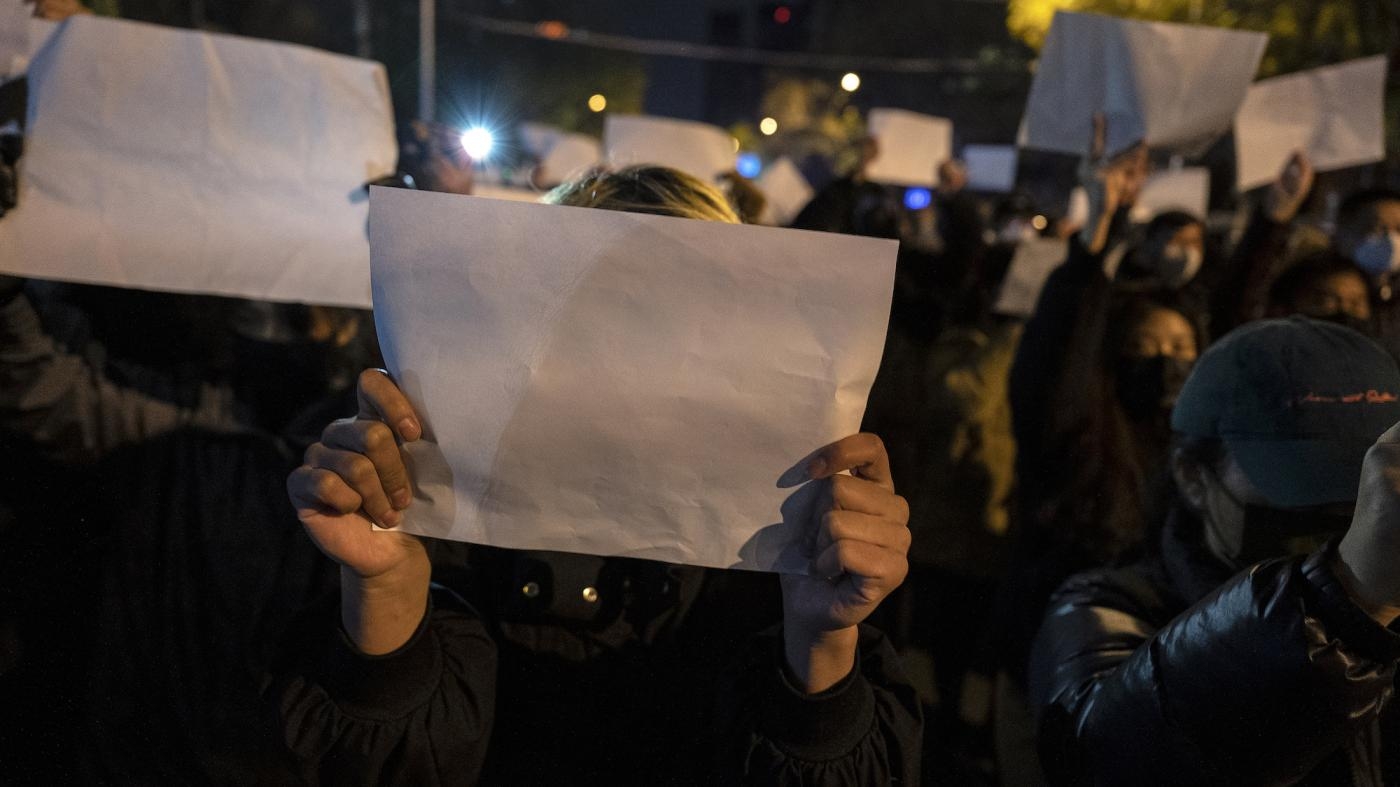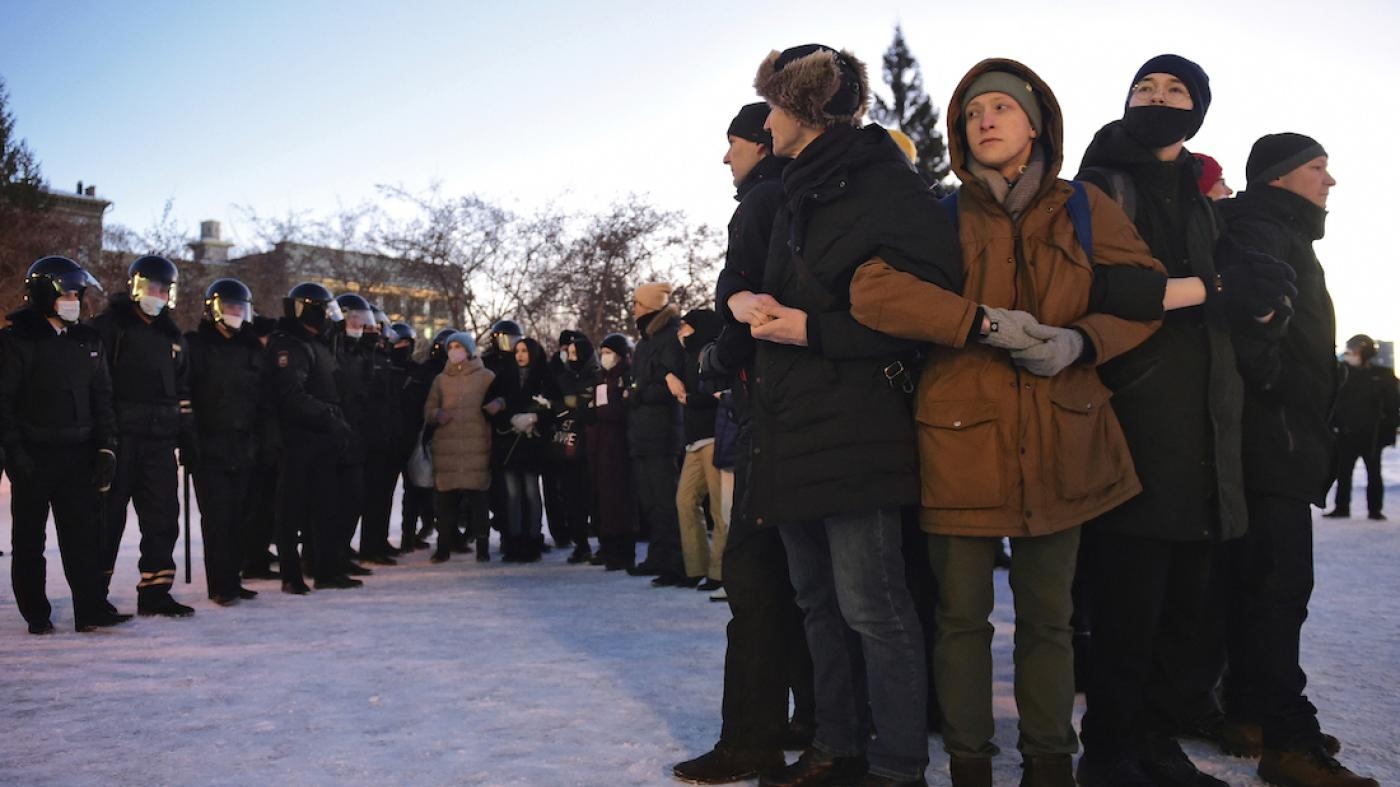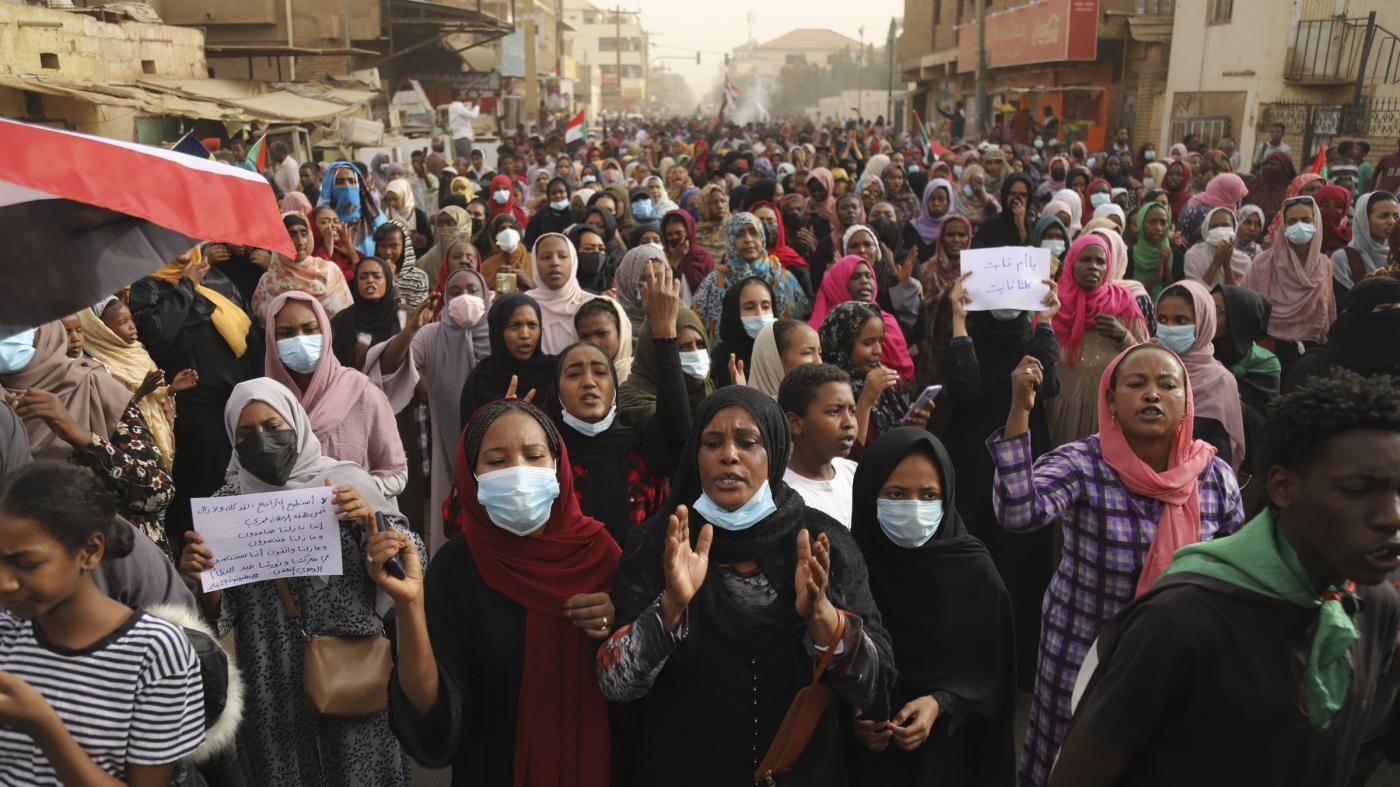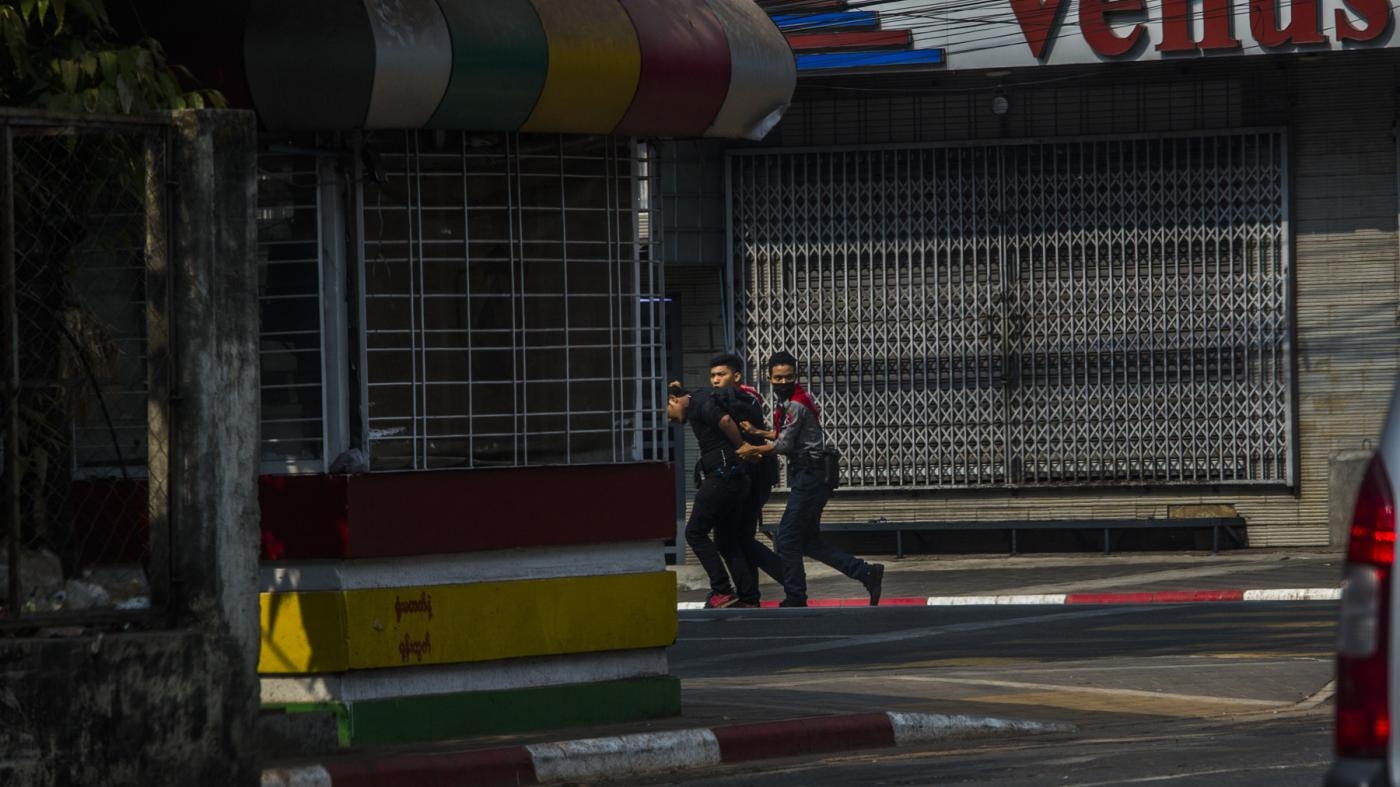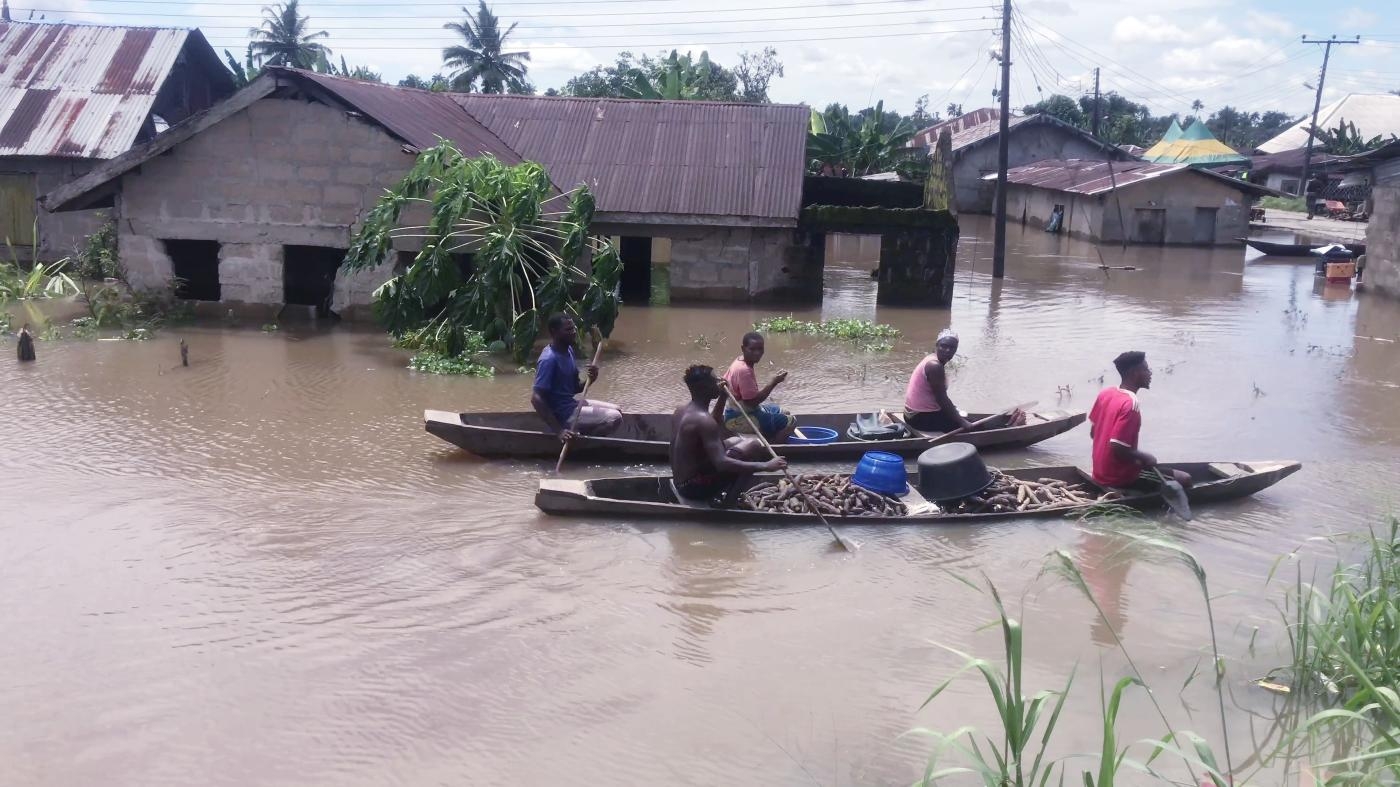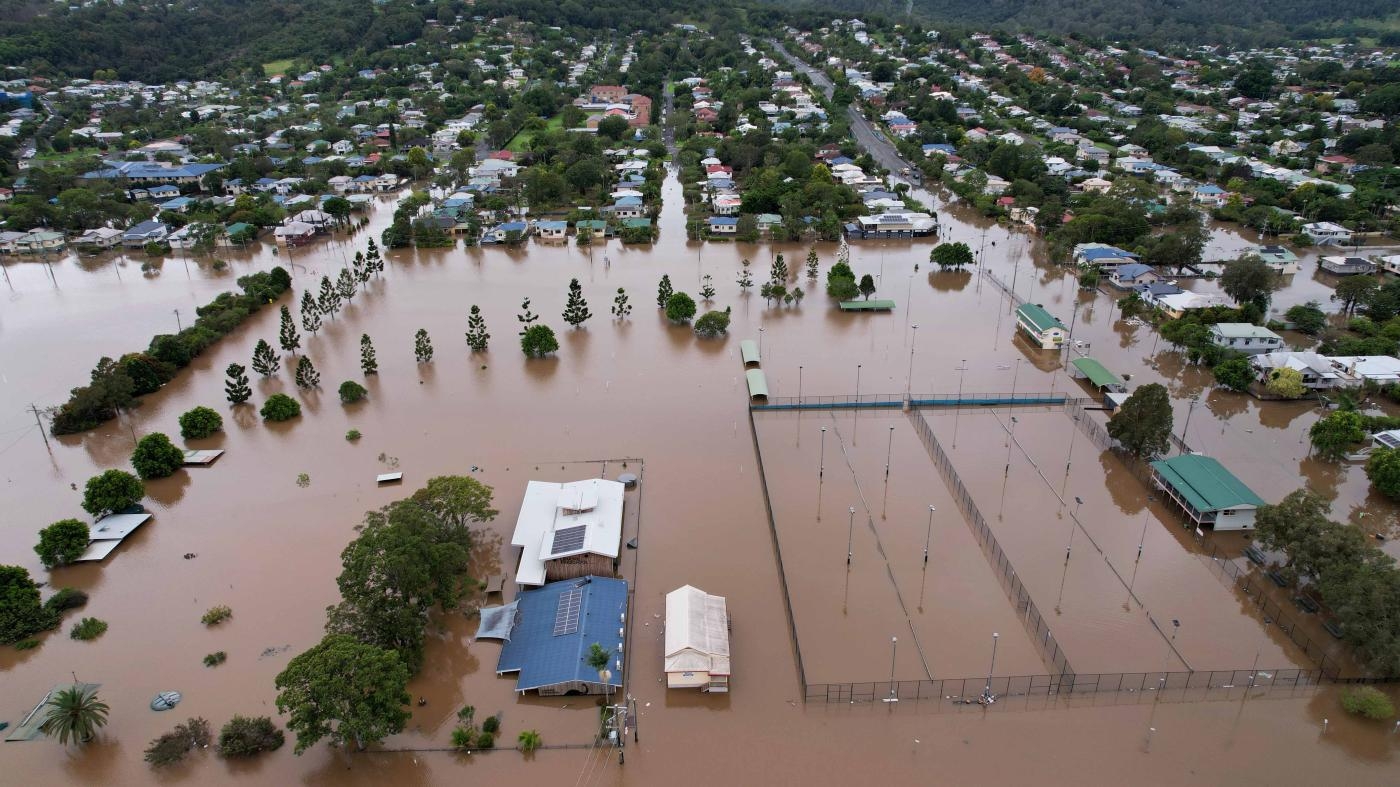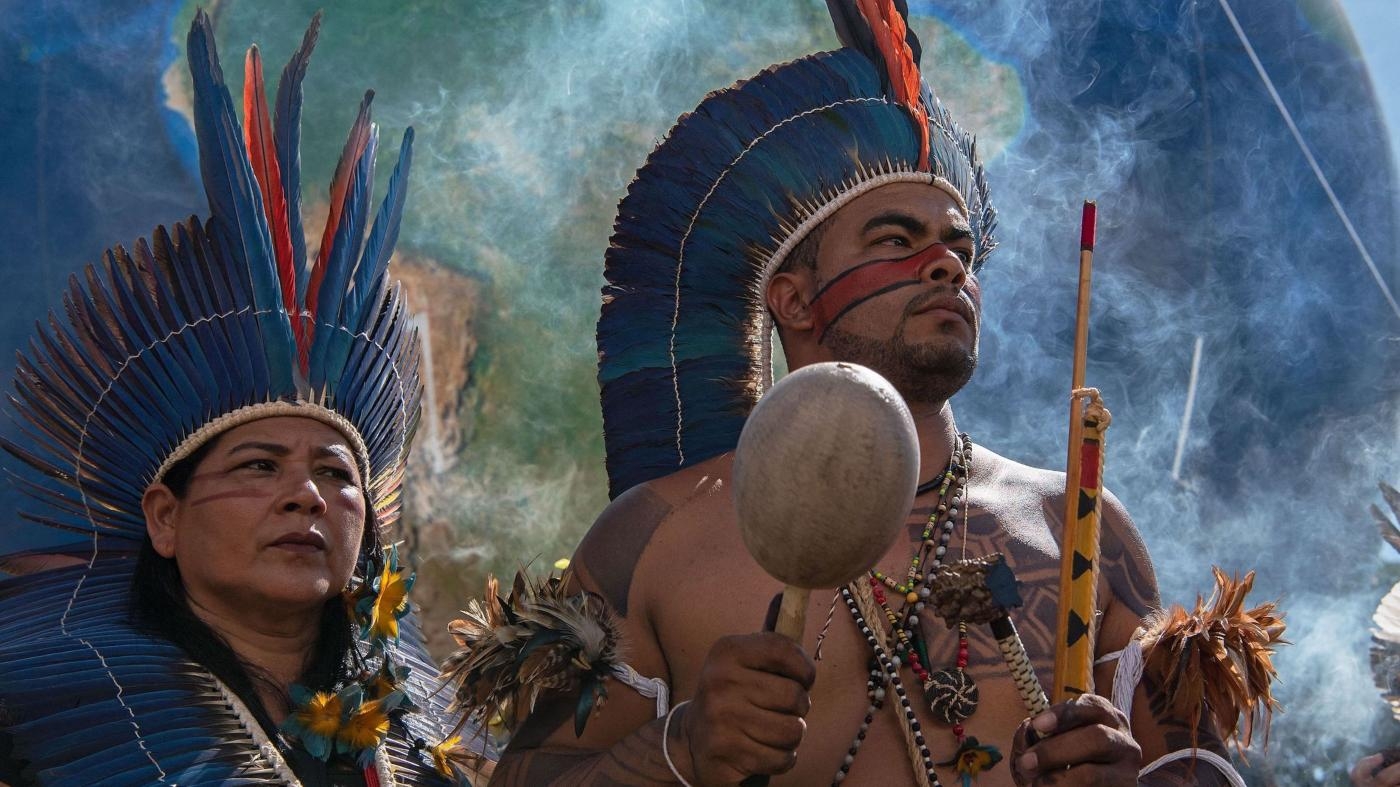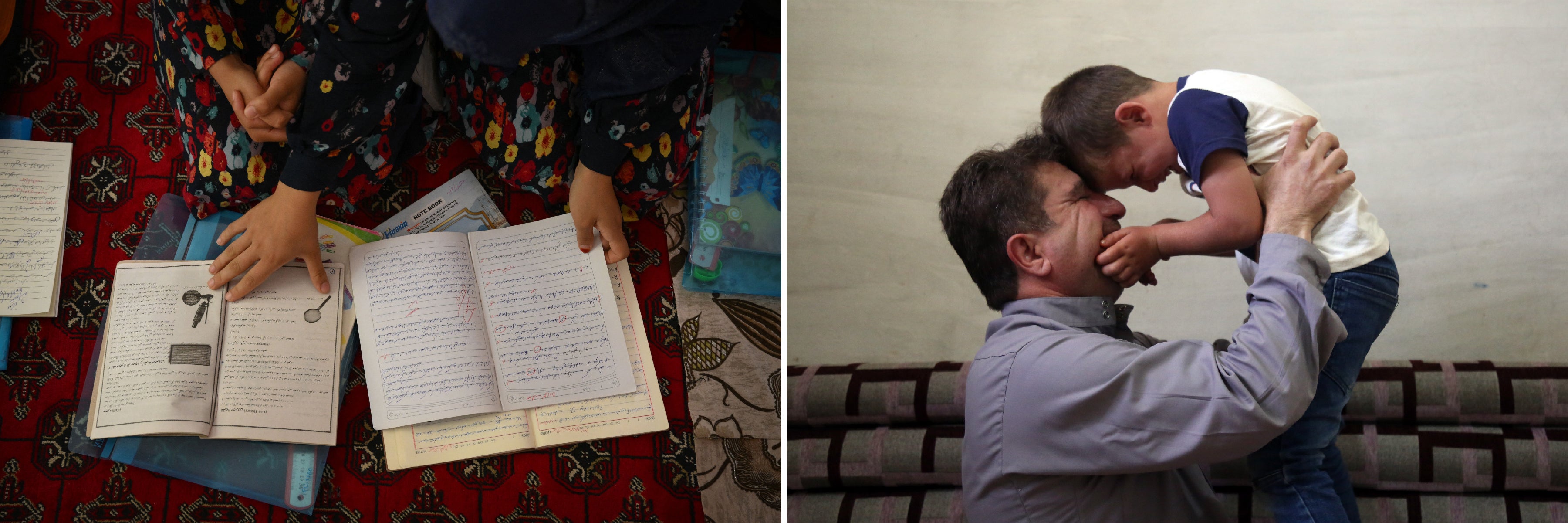In the Xinjiang region, Beijing’s mass detention of an estimated one million Uyghurs and other Turkic Muslims—who are subject to torture, political indoctrination, and forced labor—and severe restrictions on rights to religion, expression, and culture for the general population, stand out for their gravity, scale, and cruelty. The UN found that violations in Xinjiang could amount to crimes against humanity, echoing the findings of Human Rights Watch and other human rights groups.
The rigorous report of the then-UN high commissioner for human rights, Michelle Bachelet, based on years of investigation and the Chinese government’s internal documents, laws, policies, data, and policy statements, created a critical common reference point from which governments should act. That the report was released only in the final minutes of Bachelet’s term is indicative of Beijing’s intense pressure to bury it.
The report sparked notable diplomatic mobilization. A resolution to open a debate about the report was introduced in the Human Rights Council and fell short by only two votes. The result reflected Beijing’s pressure on governments like Indonesia—which said we “must not close our eyes” to the plight of Uyghurs and then voted “no”—as well as its influence on the actions of those states that abstained, including Argentina, India, Mexico, and Brazil. But the “yes” votes of Somalia, Honduras, and Paraguay, and the co-sponsorship support of Turkey and Albania, together with 24 mostly Western countries, show the potential in cross-regional alliances and fresh coalitions to come together to challenge the Chinese government’s expectation of impunity.
The collective spotlight on the dismal human rights situation in Xinjiang has put Beijing on the defensive, and the Chinese government is working hard to explain away its heinous behavior. The outcome in Geneva heightens the responsibility of the UN leadership to throw its full political weight behind the report and to continue to monitor, document, and report on the situation in Xinjiang, and more broadly in China. Anything less would be an abdication of the human rights pillar of the UN system’s responsibility to protect Turkic Muslims in Xinjiang.
Meanwhile, as discomfort around the Chinese government’s repressive ambitions has grown, governments, including those of Australia, Japan, Canada, the UK, EU, and US have looked to cultivate trade and security alliances with India, taking cover behind its brand as the “world’s largest democracy.” But Prime Minister Narendra Modi’s Hindu-nationalist Bharatiya Janata Party has mimicked many of the same abuses that have enabled Chinese state repression—systematic discrimination against religious minorities, stifling of peaceful dissent, and use of technology to suppress free expression—to tighten its grip on power.
